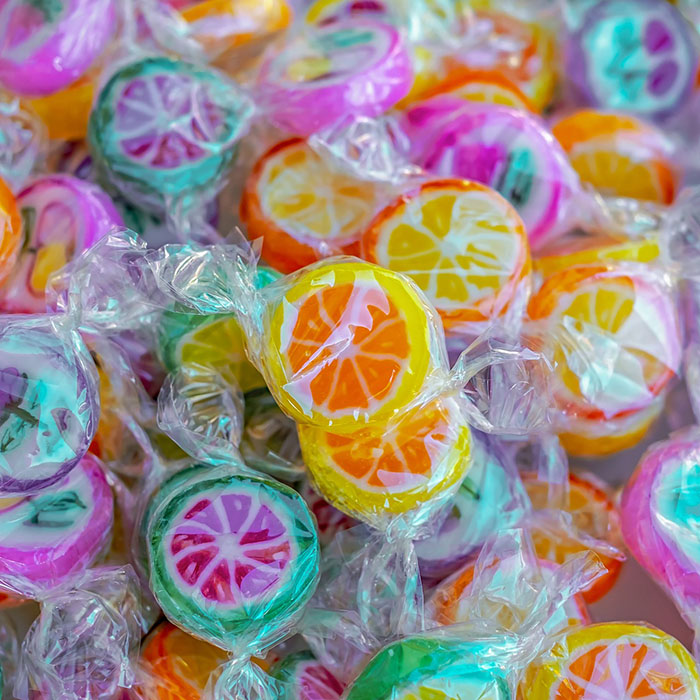40% OF KIDS WILL develop at least one cavity by the time they turn eleven, which makes tooth decay the most common disease of childhood. That might seem scary, but parents can make a big difference, and that starts with understanding what causes cavities.
Sugary Drinks Cause Cavities
One major culprit is sugary drinks. That doesn’t just mean soda. We think of fruit juice as being healthier, but it’s just as bad! And the worst way to drink it is by sipping it throughout the day. It’s so harmful to the teeth that the results are called “bottle rot.” Baby bottle tooth decay can also happen with sippy cups and even breastfeeding!
If a baby’s gums and teeth aren’t properly cleaned after feeding, the sugary milk residue left in their mouth increases the risk of tooth decay.
So Do Sugary Snacks!
Sugar in solid form is a problem too. Most of the snacks kids tend to love most are loaded with sugar. If they’re snacking on these sugary treats all day, then their saliva won’t get a chance to wash the sugar away and neutralize the pH of their mouths. That means their teeth are constantly bathed in acid, leading to enamel erosion and decay.
We recommend trading sugary snacks for sliced fruits and veggies, especially if your child needs the energy boost from a snack in between meals.
https://www.youtube.com/watch?v=0iN6ZXnTDcc
Preventing Bottle Rot
We aren’t here to insist that you never let your child touch a drop of soda or fruit juice again, but we recommend limiting access to drinks other than water to mealtimes. A pacifier will be better for their teeth than continuous access to fruit juice. It’s safe to use a bottle of water after the baby is six months old or a sippy cup of water for toddlers. (Another benefit to water aside from better oral health: no risk of stains or stickiness on clothing, carpet, or furniture!)
With infants, clean out the milk residue after every meal. As soon as their baby teeth begin to appear, start brushing them with a soft toothbrush and only a tiny smear of toothpaste, since babies can’t rinse and spit.
What If My Child Already Has Tooth Decay?
A child who is already showing signs of tooth decay should see the dentist. We can assess how advanced the decay is, deal with the cavities, and come up with a plan with you to prevent further problems. An easy step to take at home is to limit your child’s consumption of sugary treats and drinks while maintaining good oral hygiene habits. We can help protect their teeth with fluoride varnish and dental sealants.
Your child’s healthy smile is our priority!
(The content on this blog is not intended to be a substitute for professional medical advice, diagnosis, or treatment. Always seek the advice of qualified health providers with questions you may have regarding medical conditions).





